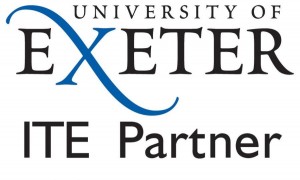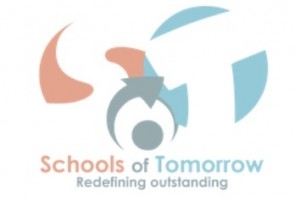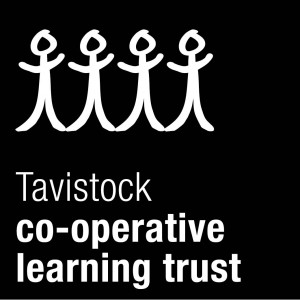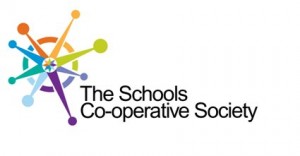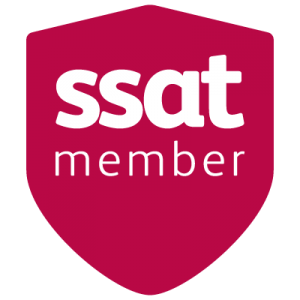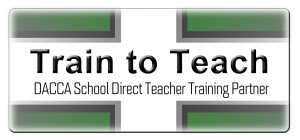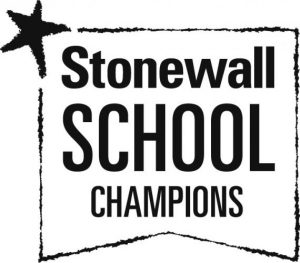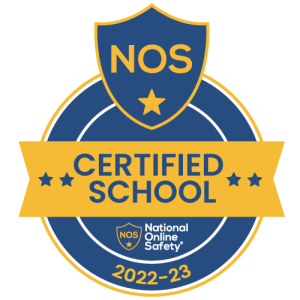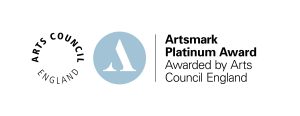Well, we made it to half term! We have laughed, cried and held each other up over the last 7 weeks. I have to start with some endings, and that is never easy. Yesterday we had our final ceremony for George Mudge with the planting of his apple tree in the orchard. We have a bench arriving soon and anyone who wants to reflect upon the lessons George taught us can now spend some time doing just that, looking at his favourite view. One of those lessons was the need to be more compassionate in this busy world we inhabit. The care shown to George has been a measure of the man…. I hope that we can all remember to show that to the living. Writing our thoughts in a book of condolence is important. How often do we say those words to the people around us when they are still with us?
As we approach half term, there are some sad and some exciting events taking place. Today we are saying goodbye to a much loved colleague, Sylvia Preece. There is a tribute to her on the next page. Sylvia asked for as little fuss as possible, but 24 years is a long time to serve a school and she deserves a few words at the very least! Sylv has been a remarkable colleague and we will miss her greatly. Victoria Bartlett is leaving us for a short while as she starts her maternity leave. We are sending her off with our very best wishes and look forward to seeing her again soon. There are two long-awaited weddings taking place in the holiday: Hannah Holbourn and Niall Murphy are getting married …but not to each other. Congratulations to both of them.
Working in schools is hard. Sometimes it is very hard. At the moment it is extremely hard. For schools with significant numbers of disadvantaged students (we have 36% of our school community) it is harder still. Occasionally working in schools with its constant and biased media criticism and ill thought-out political interference, it can feel like a battle against all odds. But it’s a battle worth having. And we have done exceptionally well this half term. Teachers, Assistant Teachers and all other staff are the ones who cannot give up: they are the ones who that must pick up the pieces when everyone else has gone. When the budgets of support services are cut, forcing them to retreat, schools are still there. Because they have to be. Even when school budgets are slashed, those that work in schools will not withdraw. Instead we shoulder the burden. To let children down is simply not an option.
We provide the vital calm in society’s storm. Intolerant views and ‘hard line’ doctrines abound at the moment in the public discourse over our work for Black History Month has been felt recently in school. Stridency seems to be in vogue politically, and this filters down through families and in the community. Compromise, subtlety and ambiguity are perceived as weak. Battle lines are being drawn, even in education, between ‘hard’ choices.(‘grammar schools are the only solution to mediocrity’ versus ‘grammar schools represent the return to a totally divided and elitist past’). Ann Mroz describes how, in whichever ‘side’ you are on in these societal hard choices, you are encouraged to ‘gaze in horror; feel the fury; feel the righteousness. It becomes good to know your arguments are not only evidentially right but also morally superior’.
But moral superiority does not entertain doubt. Without doubt, there is reluctant change and precious little improvement. Moral superiority does not seek answers to questions it hasn’t asked. This is all part of our newly intolerant age, and it will not help us mend the holes in our arguments and imperfections. It is against this intolerance we must now rage. The very thing we have worked so hard with young people to put right. We will fail to help them create a better world if we do not encourage them to embrace other peoples’ points of view. And we must do the same. Responses to parental criticism should not be defensive and conversations about impact in teaching rather than efforts made should not be dismissed. Sometimes workload can be reduced by embracing change. Student voice is not to be feared – it is a valuable developmental tool. This week, for example, my student voice group told me how much they value the relationships that they have with staff but that some teachers are slow to respond to disruptive behaviour and that they needed to be stricter over some issues. The two stances are not ‘hard’ opposites of each other – there is some middle ground.
Let us then pursue debate. Let us encourage discussion and opportunities to create. Let us shun the intolerant and closed minded approaches, and reach out to finding middle ground solutions by examining all the evidence. Let us celebrate the compromises that enable everyone to benefit. This is how we will grow as a school, and how we will regain the energy to cope with extremely challenging times in schools.
I hope that you all find the time to rest over half term. We certainly need to recharge our batteries.
Sarah





